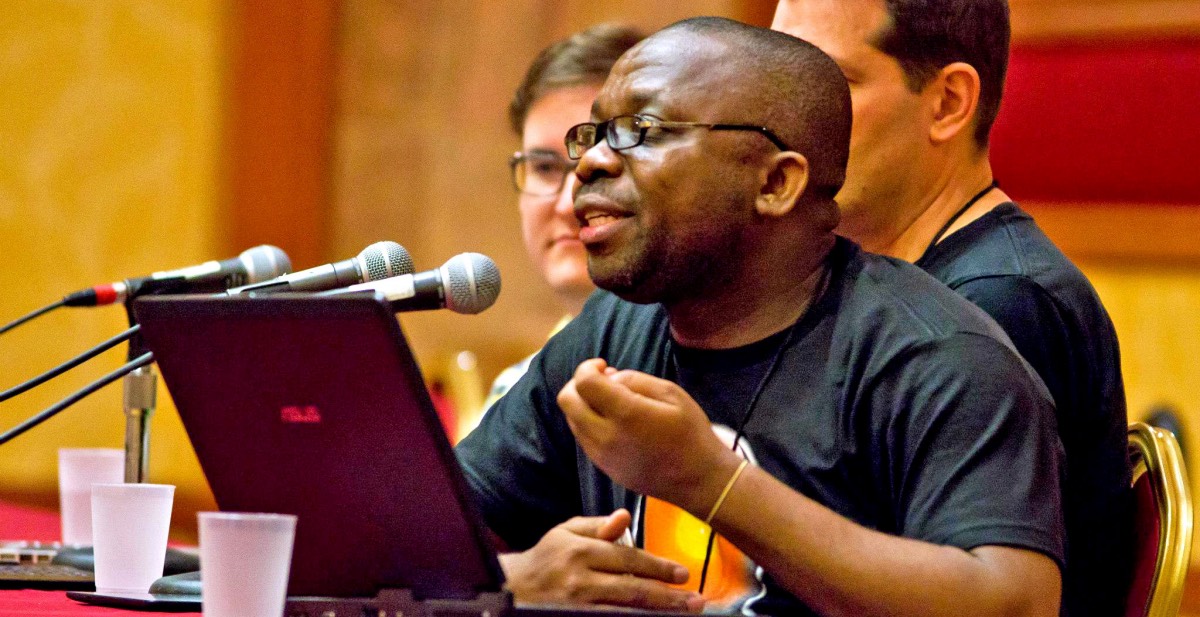To foster critical reasoning in schools, especially in primary schools, I have adopted a definition of critical thinking as questionstorm. In this article, I will discuss an approach to critical thinking. I will explain a way to engage in the art of questionstorm, noting the significance of this approach and how it adds value to teaching and learning in schools.
By questionstorm, I mean, the generation of questions for question’s sake or the generation of questions in all areas of human endeavour. The usual pattern in schools is the generation of questions for answer’s sake. Schooling is testing the ability to answer questions. Tests and examinations are about answering questions.
And this idea of schooling and education makes students less curious, and more inclined to rote-learn and memorize. It makes the reproduction of answers, not interrogation of issues, the test and demonstration of knowledge. However, the challenge in inculcating critical thinking skills lies in outlining ways and mechanisms to fulfill the objective of producing more curious humans. How does one nurture the “homo interrogans”, the questioning human being in every child!
One of the ways to achieve this goal is a question-to-question approach. As the approach says, a question can be answered with a question. This approach requires children to reply to questions using questions, to interrogate an interrogation. Incidentally, many cultures frown at this approach. It is often seen as rude or impolite for a child especially to respond to a question with a question. People feel irritated or angry when questions are posed in reply to their questions.
There is a saying among the Igbos that “A naghi eji ajuju asa ajuju”, that is, one does not answer a question with a question. Other cultures have similar sayings and expressions that discourage or disapprove of a question-to-question approach to issues. But this saying does not apply in every case, or situation. There are situations where A na eji ajuju asa ajuju (one answers questions with questions). Critical thinking requires this interrogative disposition.
For instance, a question can be posed in response to a question to seek justification or to understand the rationale behind a question. There are situations people ask questions that do not make sense; questions that seem foolish or unwarranted. In such situations, asking questions in response is necessary to understand the justification for the questions posed. To the question, where are you going this morning? One can reply, why do you want to know? How is that your business? Must I tell you where I am going? When did you start inquiring about my movements? etc One can pose a question in reply depending on how and what one considers as an unjustified intent behind the question.
Also, one can answer a question with a question in the quest for some information. Many questions are misinformed or uninformed. Many questions can be misleading or misguided. In some cases, people pose questions that are unclear, or confusing. Some questions lack certain details. And respondents are unsure how to reply. When confronted with a question, people need more information to know what to say or how to answer. So, a question-to-question approach is necessary and needed. For instance, to questions such as, have you seen the president? Who is knocking at the door? One can reply, which president? Which door?
Furthermore, one can answer a question with a question seeking clarification. Sometimes, questions are vague or ambiguous. They do not communicate. So, questions are needed to get the questioner to clarify or shed more light on the questions posed. For instance, questions such as: Do you say the truth? Are you normal? Do spirits exist? Reply questions could be, what do you mean by the truth? How do you define being normal? What does it mean to exist? etc Questions are posed to better understand and situate questions and their raison d’etre.
From an early age, children should be taught to answer questions with questions seeking justification, information, and clarification. They should be trained to adopt a more interrogative approach to life. Programs that foster curiosity and inquisitiveness should be encouraged in schools.
Leo Igwe is a human rights activist who directs the Critical Thinking Social Empowerment Foundation. He is also the founder of the Nigerian Humanist Movement. He was the Western and Southern African representative to IHEU, the International Humanist and Ethical Union. He can be reached by email HERE.
The opinions expressed in this article are solely those of the author.







